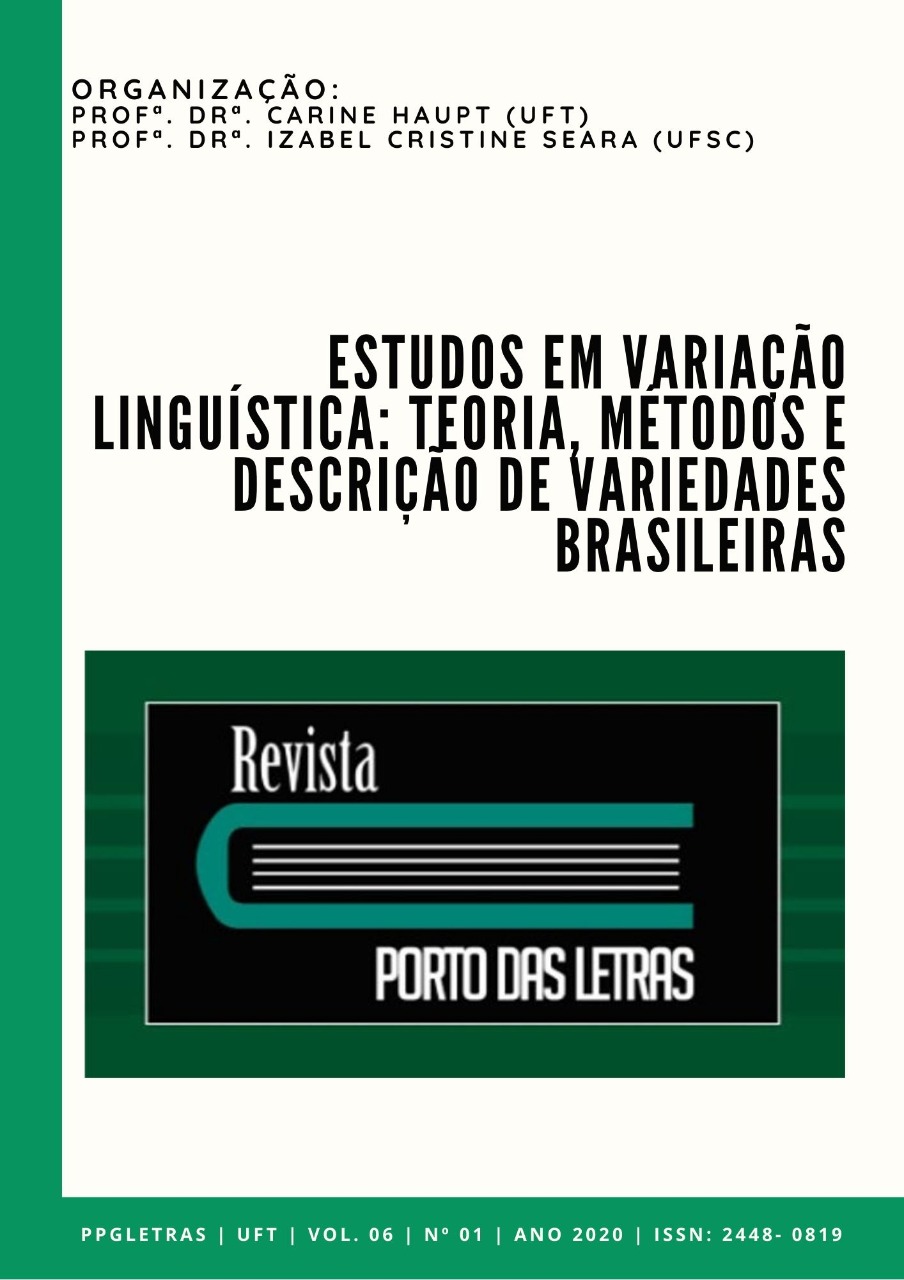A Linguagem do RAP como Resistência à(s) Norma(s)
Palavras-chave:
Norma linguística brasileira; Identidade discursiva do RAP; Dialogismo bakhtiniano; ResistênciaResumo
Este trabalho visa defender a ideia de que os indivíduos que se identificam com a identidade do RAP nacional possuem uma linguagem própria que resiste à norma padrão linguística que foi imposta artificialmente no Brasil, desde o século XIX. A identidade cultural formada a partir do movimento hip hop traz em seu discurso o protesto contra as dificuldades pelas quais passam as minorias marginalizadas no espaço urbano e afirmam sua identidade linguística e social através da construção de uma variedade linguística específica desse movimento. Tais indivíduos se utilizam de usos não-formais e não-padrões da língua, não importando o estigma ou o preconceito linguístico, pois há motivações sociais para esses usos. As gírias, os marcadores discursivos e as escolhas lexicais servem como um recurso de união do grupo, já que na maioria das vezes somente seus membros entendem e avaliam bem aquela variedade específica. Levaremos em conta a concepção dialógica proposta pelo círculo de Bakhtin (2003 [1952/53]; 2004, [1929]), que possui uma dimensão socioideológica e se encaixa na questão discursiva do RAP, considerando que, nessa abordagem, a palavra é considerada o fenômeno ideológico por excelência. Ilustraremos nossos argumentos apresentando dois indivíduos representantes do RAP florianopolitano, Negro Rudhy e Élidecê, para exemplificar esse caráter de resistências linguísticas e performáticas desse gênero poético-musical que desde o princípio se comprometeu a trazer à tona a história do povo negro e periférico.
Downloads
Publicado
Como Citar
Edição
Seção
Licença
Os autores concordam com os termos da Declaração de Direito Autoral, que se aplicará a esta submissão caso seja publicada nesta revista (comentários ao editor podem ser incluídos a seguir).

